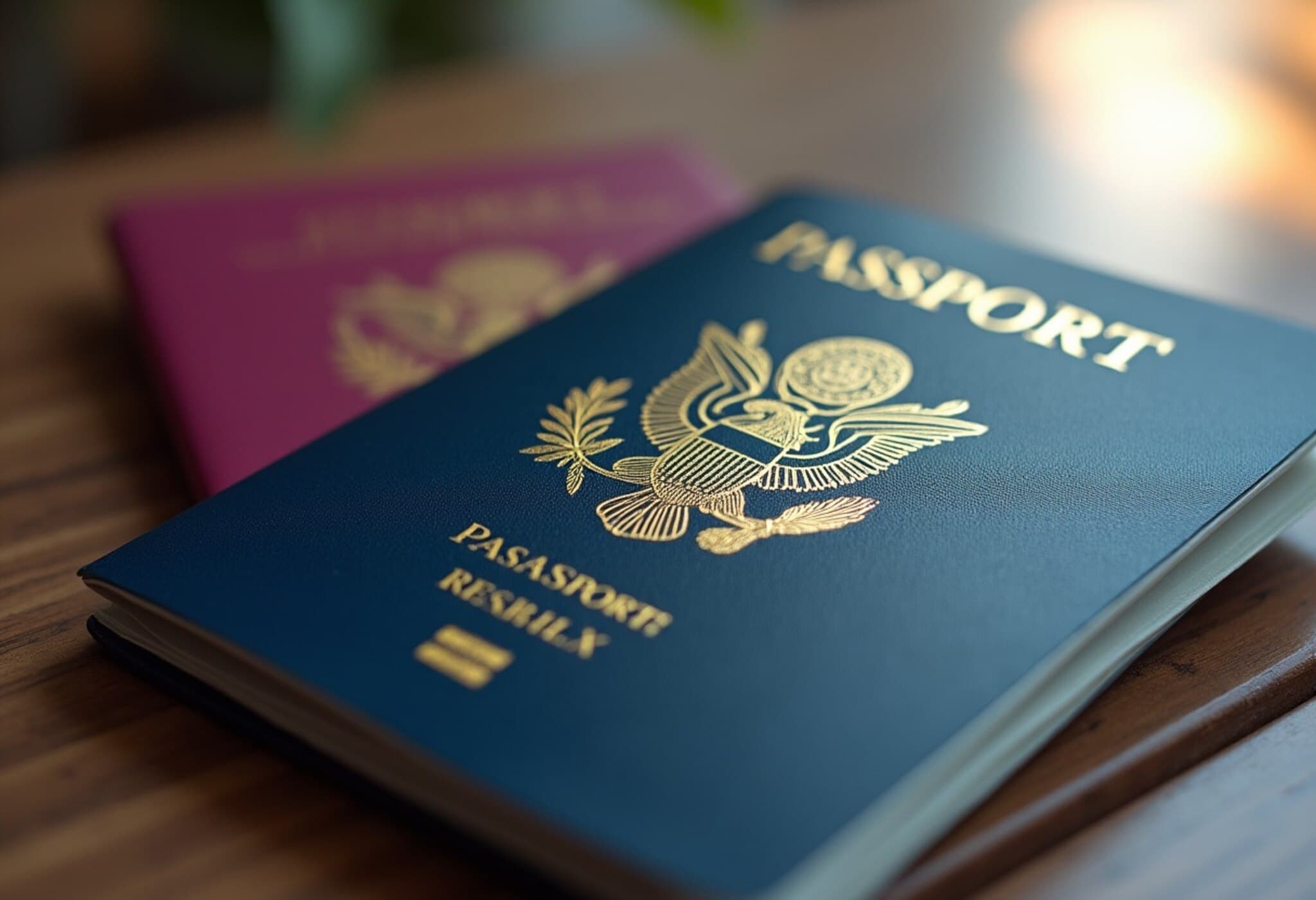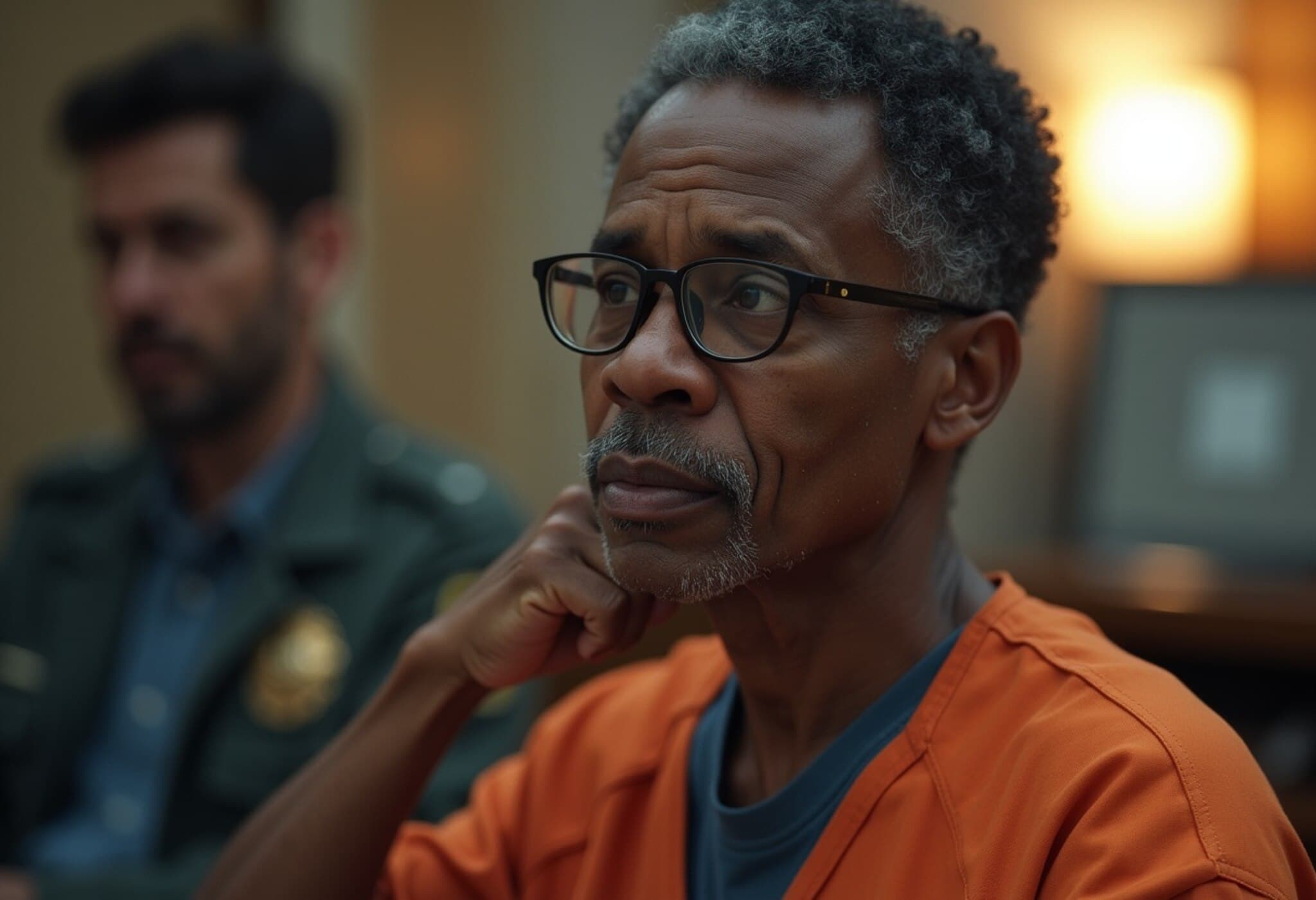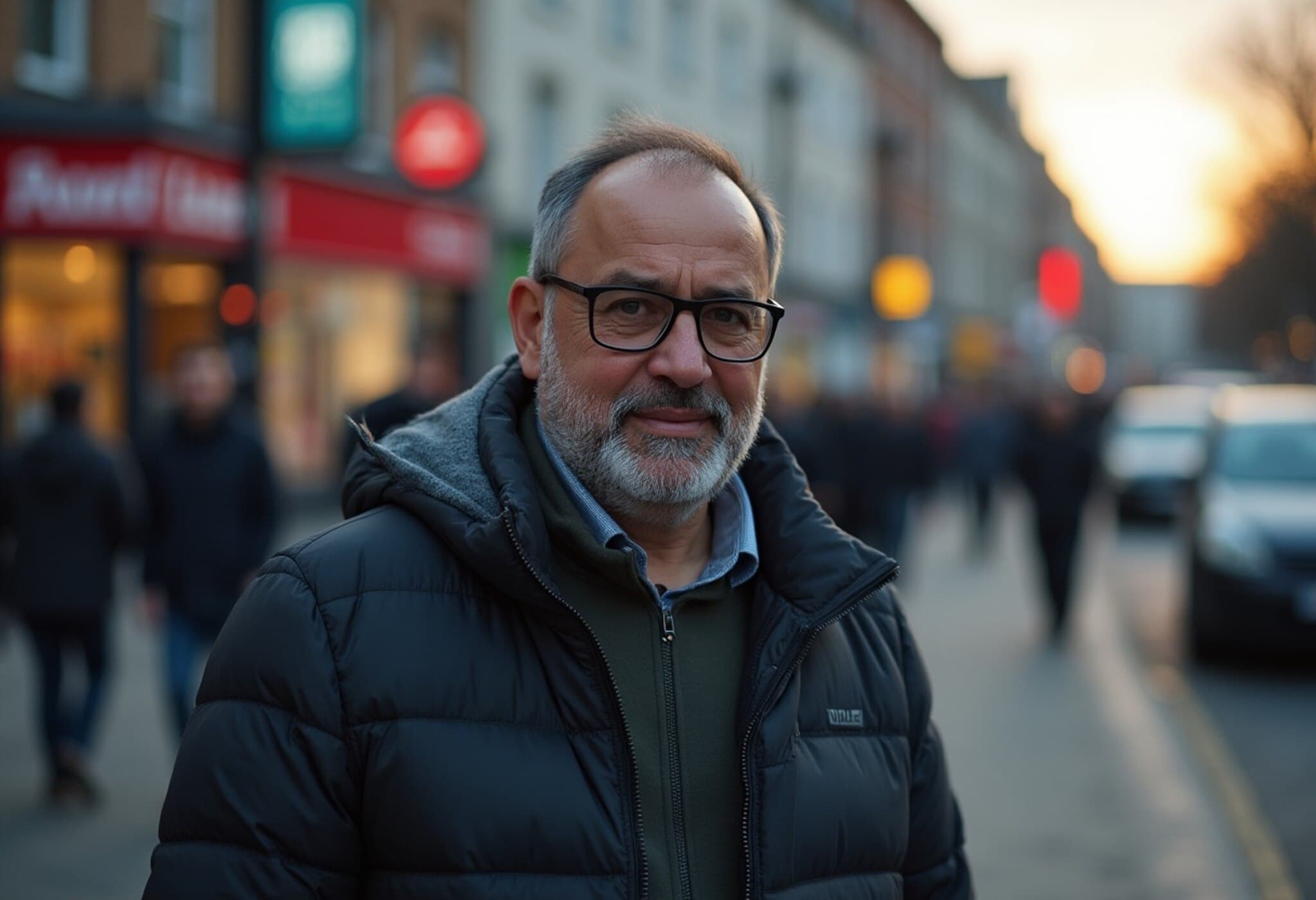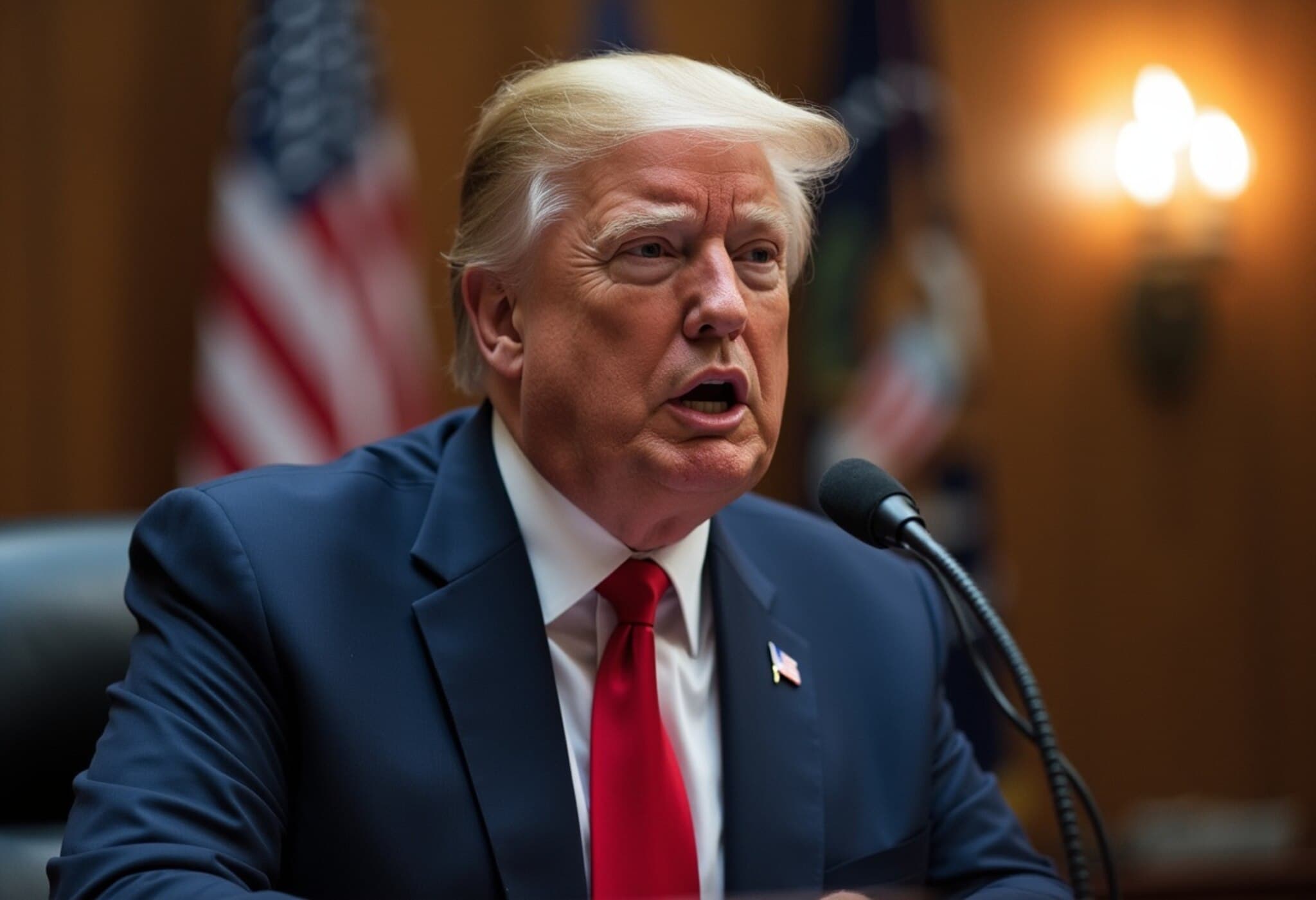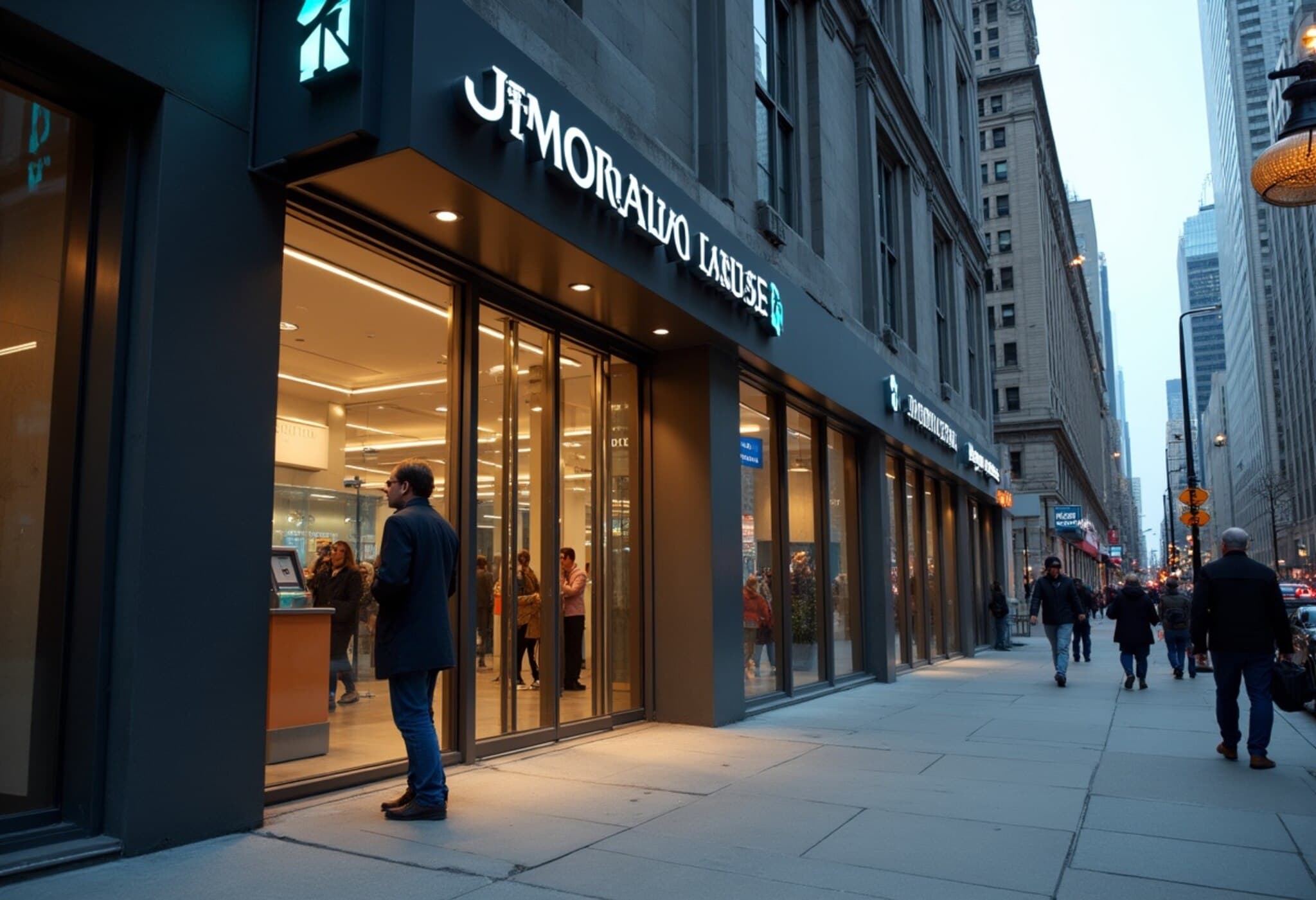Conor McGregor's Appeal Rejected in High-Profile Dublin Sexual Assault Case
In a significant legal development, the Court of Appeal in Dublin has upheld the civil jury's verdict against UFC star Conor McGregor, affirming his liability for sexually assaulting a woman in a Dublin hotel in 2018. The court dismissed all five grounds raised by McGregor's legal team, reinforcing a previous ruling that ordered the former champion to pay £206,000 in damages to the complainant, Nikita Hand, as well as legal costs.
The Heart of the Case
The civil suit, which culminated in a three-week trial, centered around allegations that McGregor had "brutally raped and battered" Ms. Hand in a penthouse suite at Dublin's Beacon Hotel. McGregor consistently denied these claims, asserting that the encounter was consensual. However, the original jury sided with Ms. Hand, and the appellate court has now reinforced this stance unequivocally.
Court's Reasoning and Legal Nuances
Presiding Judge Brian O’Moore, reading the unanimous judgment of a three-judge panel, stated, "I find there is nothing in the grounds of appeal that justifies setting aside the findings of the jury. I therefore dismiss the appeal in its entirety." Notably, Ms. Hand attended the verdict hearing while McGregor was absent.
Several technical points were raised as grounds for appeal, including:
- Terminology on Jury Paperwork: McGregor’s team argued the phrasing "assault" in the issue paper should have explicitly read "sexual assault," contending that this distinction was critical. However, the court and Ms. Hand's lawyers affirmed that "assault" broadly encompasses sexual assault, and jurors would not have been misled.
- Use of McGregor's "No Comment" Responses: The defense claimed that the inclusion of McGregor’s refusals to answer police questions might have prejudiced the jury by implying guilt, potentially violating his right to silence. Yet the court found no procedural error as no motion was made to challenge jury composition or to exclude this evidence during trial.
- Withdrawal of New Evidence: McGregor’s team had planned to submit additional evidence at appeal but opted to withdraw this effort, solidifying the original judgment.
Broader Implications and Public Reaction
This judgment marks a major legal setback for McGregor, once hailed as a pioneering dual-weight UFC champion but now increasingly associated with a series of legal controversies. The case also spotlights evolving attitudes toward sexual assault claims involving high-profile individuals.
In the broader context of American and Irish law, civil cases such as this—while separate from criminal proceedings—serve to provide a measure of justice and accountability where criminal convictions may be elusive due to evidentiary standards. It underscores the growing willingness of courts to hold public figures accountable in civil courts for alleged misconduct.
Moreover, this case raises essential questions about the intersection of celebrity, consent, and legal responsibility, challenging both fans and critics to consider the societal implications of such rulings.
What Lies Ahead?
With the appeal dismissed, McGregor must now comply with the original court’s orders to pay damages and costs. Observers expect this ruling to reverberate in the mixed martial arts community and beyond, potentially influencing how similar cases are pursued and publicly perceived in the future.
Editor's Note
The dismissal of Conor McGregor’s appeal in this civil sexual assault case invites us to reflect on the evolving nature of accountability for public figures accused of serious misconduct. It also exemplifies the critical role civil courts play in addressing allegations where criminal proceedings may not lead to convictions. This case challenges legal professionals, media, and the public to balance the presumption of innocence with supporting victims’ rights, a vital dialogue in advancing justice in high-profile cases.


